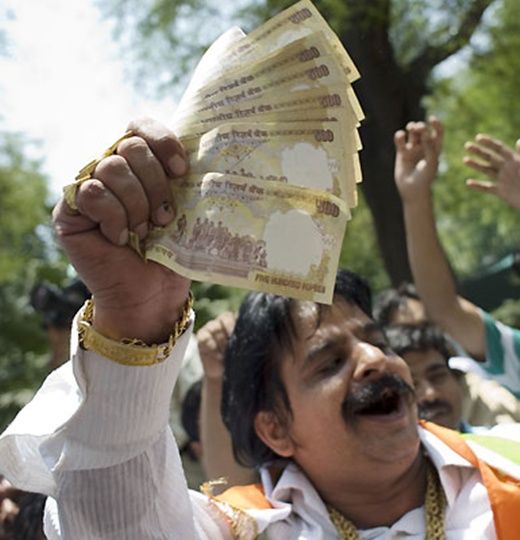For non-callable deposits above Rs 1 crore, the interest rate is only five basis points more than the regular FD.
 If customers are willing to lock-in their investment for a certain period, banks have started offering fixed deposits (FDs) that can fetch slightly higher interest rates.
If customers are willing to lock-in their investment for a certain period, banks have started offering fixed deposits (FDs) that can fetch slightly higher interest rates.
The Reserve Bank of India (RBI) had allowed this new variant of fixed deposit last year, with caveats. Banks offer these non-callable deposits with a lock-in period and minimum investment amount of Rs 15 lakh.
Bank of Baroda is the latest to offer this product. A person can invest between Rs 15 lakh and Rs 10 crore in the Baroda Advantage Fixed Deposits Accounts that offers a 10 basis points higher interest rate over the regular (breakable) term deposits for amounts up to Rs 1 crore.
For non-callable deposits above Rs 1 crore, the interest rate is only five basis points more than the regular FD.
These can be availed of for a tenure ranging between one year and 10 years. If a person opts for a period over one year, he will get 7.4 per cent annual interest rate.
Traditional FDs (breakable) allow investors to withdraw the invested money before the end of the tenure. Banks usually charge a penalty for such premature withdrawal. Only tax-saving five-year FDs were non-callable before RBI introduced this new variant.
Axis Bank, too, has a similar product, Fixed Deposit Plus. The difference is that the bank offers it for a tenure between one and two years and it’s not renewable on maturity.
If the depositor dies, Axis bank breaks the FD and gives the proceeds to the survivor. Bank of Baroda transfers the deposit in the name of the nominee/legal heir.
A depositor can earn eight per cent interest rate with Axis on its non-callable deposits.
Rajiv Anand, group executive and head (retail banking) at Axis bank, says the response to this product has been encouraging.
“Customers are opting for this product because even the marginal difference in interest rates is resulting significant incremental income in comparison to regular term deposit for higher deposit buckets,” says Anand.
Financial planners say although non-callable FD is not the best product, it suits ultra-conservative high net worth individuals (HNIs), who don’t want volatility in their debt investments.
Malhar Majumder, a certified financial planner, says there are many HNIs who prefer bank deposits over all other financial products. For such wealthy people, an additional return of 10 basis point matters and a portion of their deposits can be kept in this.
If a person deposits Rs 50 lakh in a bank FD for two years at eight per cent interest rate, she or he will get Rs 10,800 more than the one offering 7.9 per cent.
Brijesh Dalmia, a certified financial planner, says for such people, liquid plus debt funds are better options.
These funds gave an average return of 8.03 per cent in the past year, according to data from Value Research. While the returns are similar to a bank FD, these funds work out to be more tax efficient.
In a bank FD, a person in the highest tax bracket pays 30 per cent tax every year on the interest accrued. In debt fund, if the person withdraws within three years of investment, the gains are added to the income.
For withdrawal after three years, the person pays 20 per cent tax with indexation benefit, which lowers the tax outgo significantly.
Financial planners say if the person is seeking stable returns, he or she can also look at tax-free bonds.
These are backed by government companies, making them as safe as a fixed deposit. These are also more tax-efficient.












 © 2025
© 2025